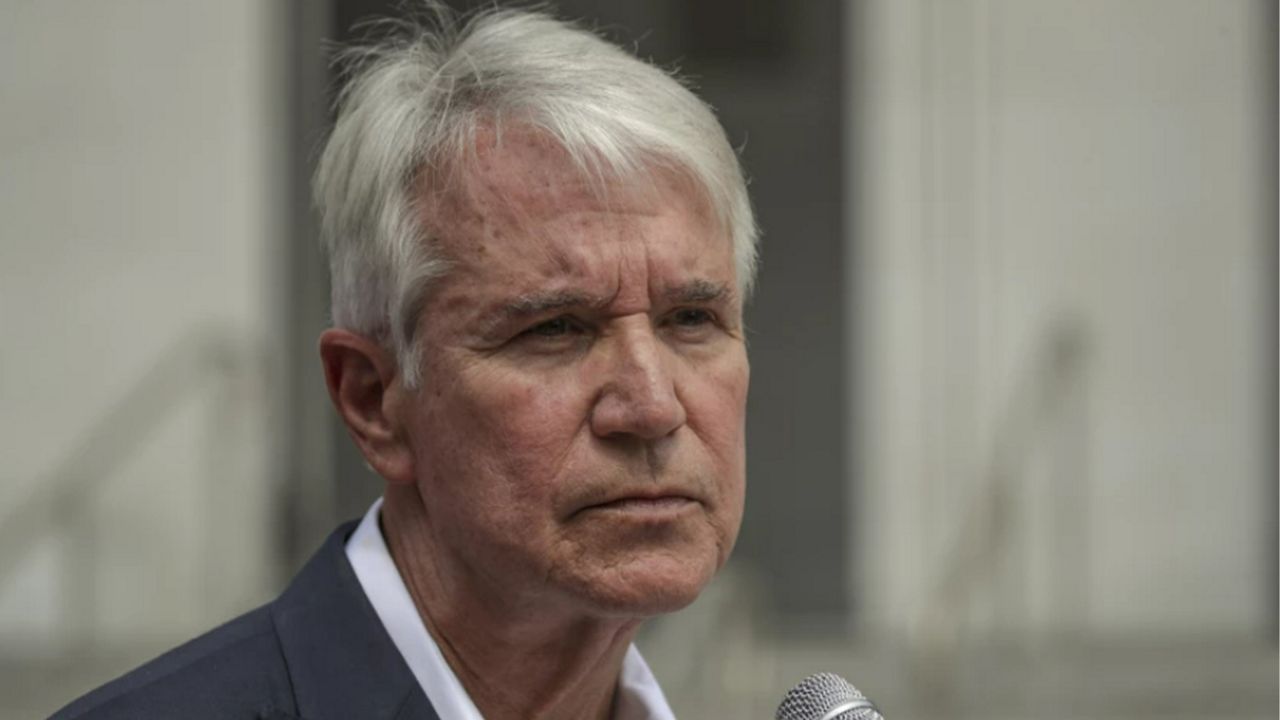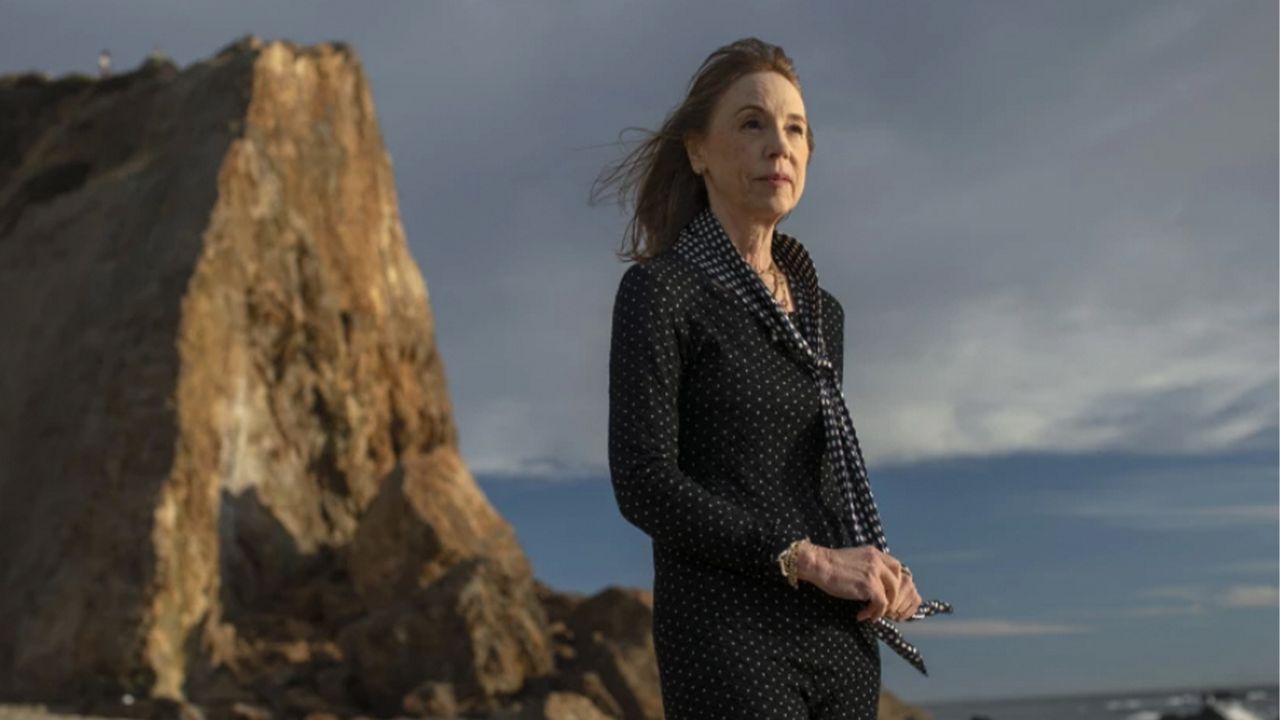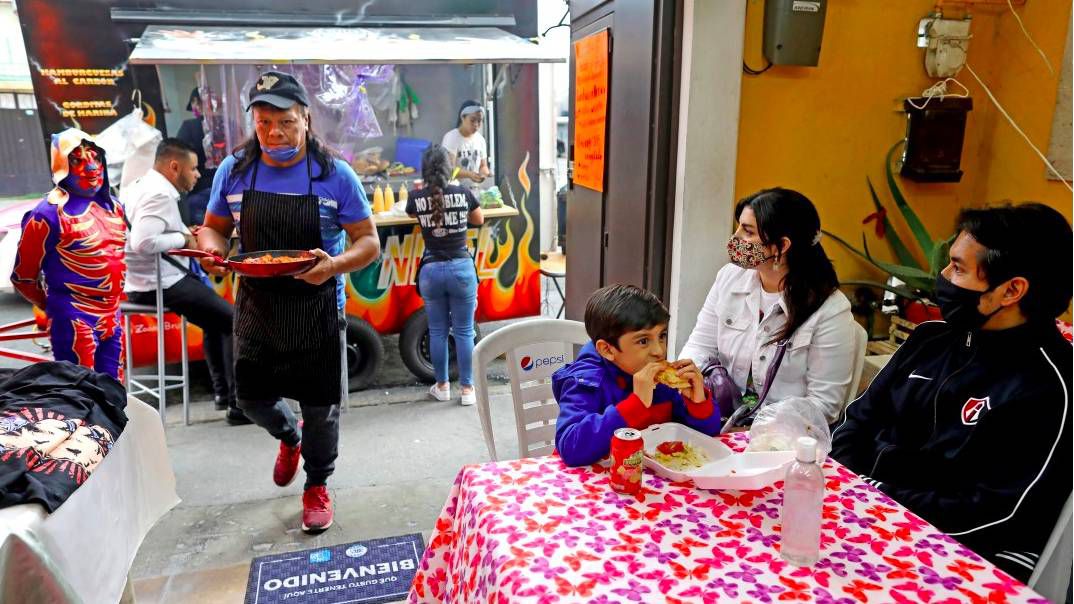On June 15, California officially declared the state "reopened." With mask rules for vaccinated people and capacity, limitations on businesses and venues rescinded. Now, with the delta variant surging nationwide, rules and risks have returned in California.
In an interview for "LA Times Today," Dr. Jena Lee, Board-Certified Psychiatrist at the David Geffen School of Medicine at UCLA, joined host Lisa McRee to talk about how to cope. Click the player above to watch the interview.
Just six weeks ago, many thought there was a light at the end of the pandemic bubble, but now the delta variant of the coronavirus has affected many people's mental health.
"I think it's important to remember that the most taxing and stressful thing for all of us at any point in our lives is change, even good or bad, because it requires adjustment and flexibility," said Dr. Lee. "It's also unpredictability because both affect our sense of control. That's really at the crux of what helps us feel safe and what helps us feel like our mental health is secure. And this constant back and forth, even the glimmer of light at the end of the tunnel appearing and now fading; it's disorienting for everyone."
Dr. Lee said she finds it hard to understand why unvaccinated people refuse to get the vaccine even though the delta variant continues to spread.
"It's challenging to understand when people make decisions that are very different from decisions that you make, especially if there are significant consequences and the stakes are high. But it's not just vaccines and COVID we're talking about, the psychological layers that are very present," Dr. Lee said. "Things are so unpredictable; there's a lot of fear and change. We desperately seek to get that control back in our minds and try to understand what we don't know."
Dr. Lee adds that the anger vaccinated people feel toward the unvaccinated is not healthy and says those negative feelings can be handled more productively.
"It's important to remember that anger is very closely related to fear. And there's a very valid reason for being afraid; something great is at stake," Dr. Lee said. "It's all of our health because our entire community is affected by the decisions people individually make about vaccines. Therefore, I think that's the first step to feel valid in your anger. But what's important is to then think about your reaction to it. And as we see things in the media, as we're seeing different ways of expressing that fear through anger and even fury, to some extent, it makes sense. But the other important point to consider is thinking about how we can respond to anger or understanding why it's there and trying to figure out what we can do that's actually going to help solve the problem and not exacerbate it."
Watch "LA Times Today" at 7 and 10 p.m. Monday through Friday on Spectrum News 1 and the Spectrum News app.











